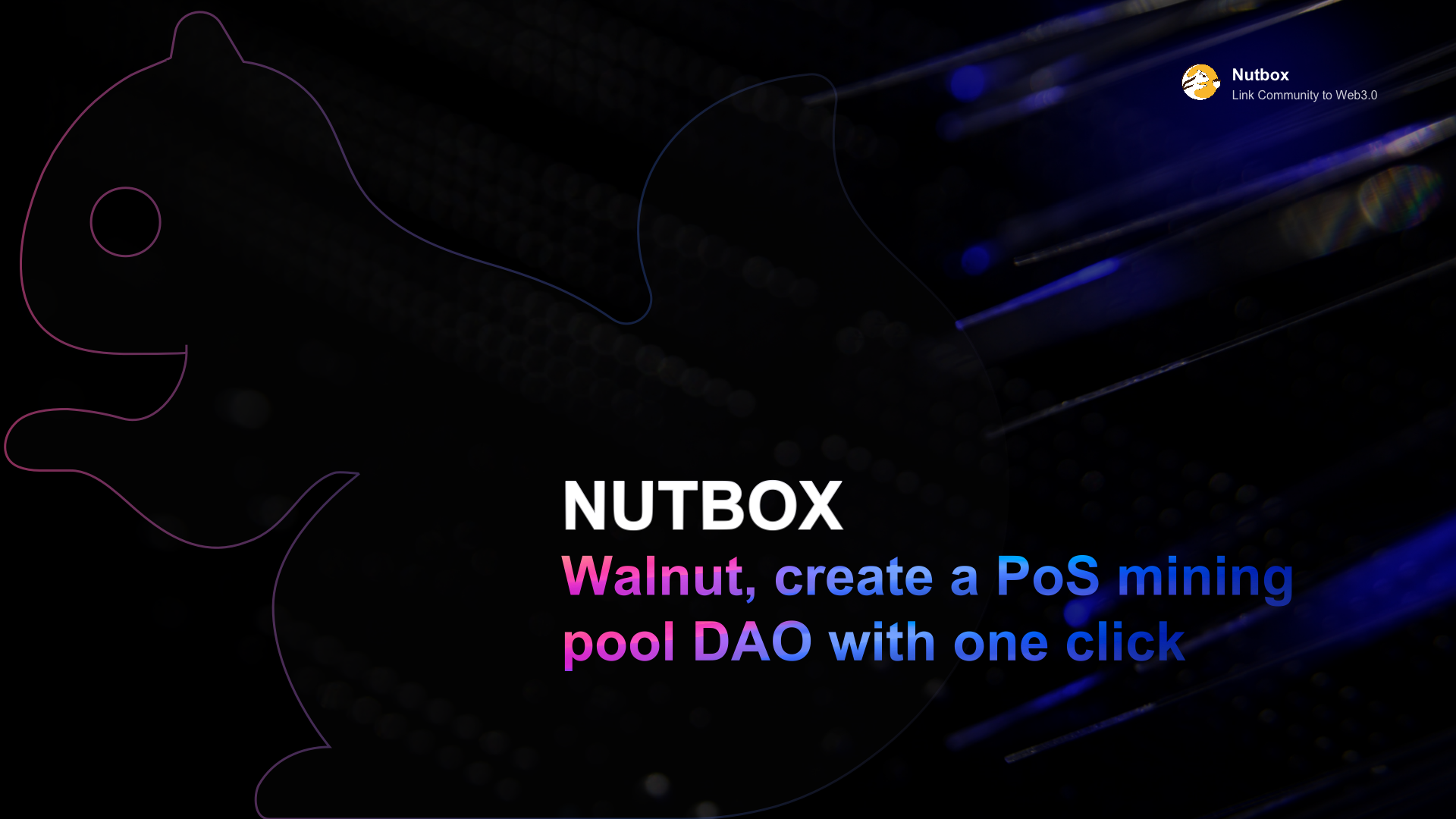
Proof of Stake(referred to as PoS, it also includes DPoS and NPoS in a broad sense). It is the underlying consensus mechanism of many public chains. There are currently 100+ blockchains using this consensus mechanism.
01 Huge Staking Economy Market
As Ethereum2.0 is approaching, the market value of blockchains using the PoS consensus mechanism is expected to reach $380 billion.
In the consensus mechanism of PoS, there are three parties involved in the coordination: the staker who stake the PoS Token, the validator (also known as the PoS mining pool) that runs the node, and the PoS network itself. The staker votes to select the validator. According to the voting results, validators that meet the requirements will become valid nodes to verify on-chain transactions and protect the security of PoS network.
In order to motivate more validators and stakers to participate in the PoS network, validators that operate valid nodes and stakers that stake PoS tokens will receive PoS network tokens (staking rewards). This underpins $220 billion in stake assets and generates over $10 billion in staking rewards each year.
02 PoS mining pool DAO
It has developed the PoS consensus since 2012. With a mature Staking Provider running validator, the PoS mining pool has ushered in a critical period of major changes. A decentralized PoS mining pool community is looming.
Anyone can create a decentralized PoS mining pool community (PoS mining pool DAO) in Walnut, just need:
- 01 Configure a community validator on a Staking Provider Platform
- 02 Create a community on Walnut, issue community token, and define the distribution rules of token
- 03 Configure the community's Initial Staking Offering mining pool, liquidity mining, and proposal voting system
Step 02, 03 detailed tutorial: https://nutbox-io.gitbook.io/walnut/create-a-communityfi/create-a-communityfi-in-3-minutes
03 Why create a PoS mining pool DAO
First, the PoS mining pool DAO is owned by community token holders.In contrast, the traditional centralized PoS mine pool is owned by a centralized organization although it relies on the support of a large staker. Community Token holders can rely on the proposal voting system to govern the community, and can also reward various contributors to the community by distributing community tokens externally.
Secondly, PoS mining pool DAO may break the monopoly of centralized PoS mining pools to better protect the security of PoS network. As opposed to decentralized PoW networks, PoS networks are always at risk of centralized control. Especially for the PoS network under the DPoS mechanism, a few whales control the effective nodes of the PoS network, such as Hive/Steem blockchain, which seriously restricts the development of its network. Decentralized PoS mining pools allow communities to become effective nodes and can greatly reduce centralization of PoS mining pools.
Finally, PoS mine pool DAOs have the potential to evolve into other types of DAOs. To some extent, it can regard PoS mining pool DAO as the financing stage of a DAO. With numerous community members, community tokens, community funds, and proposal voting systems, the PoS mining pool DAO has the foundation to develop into any similar DAOs.